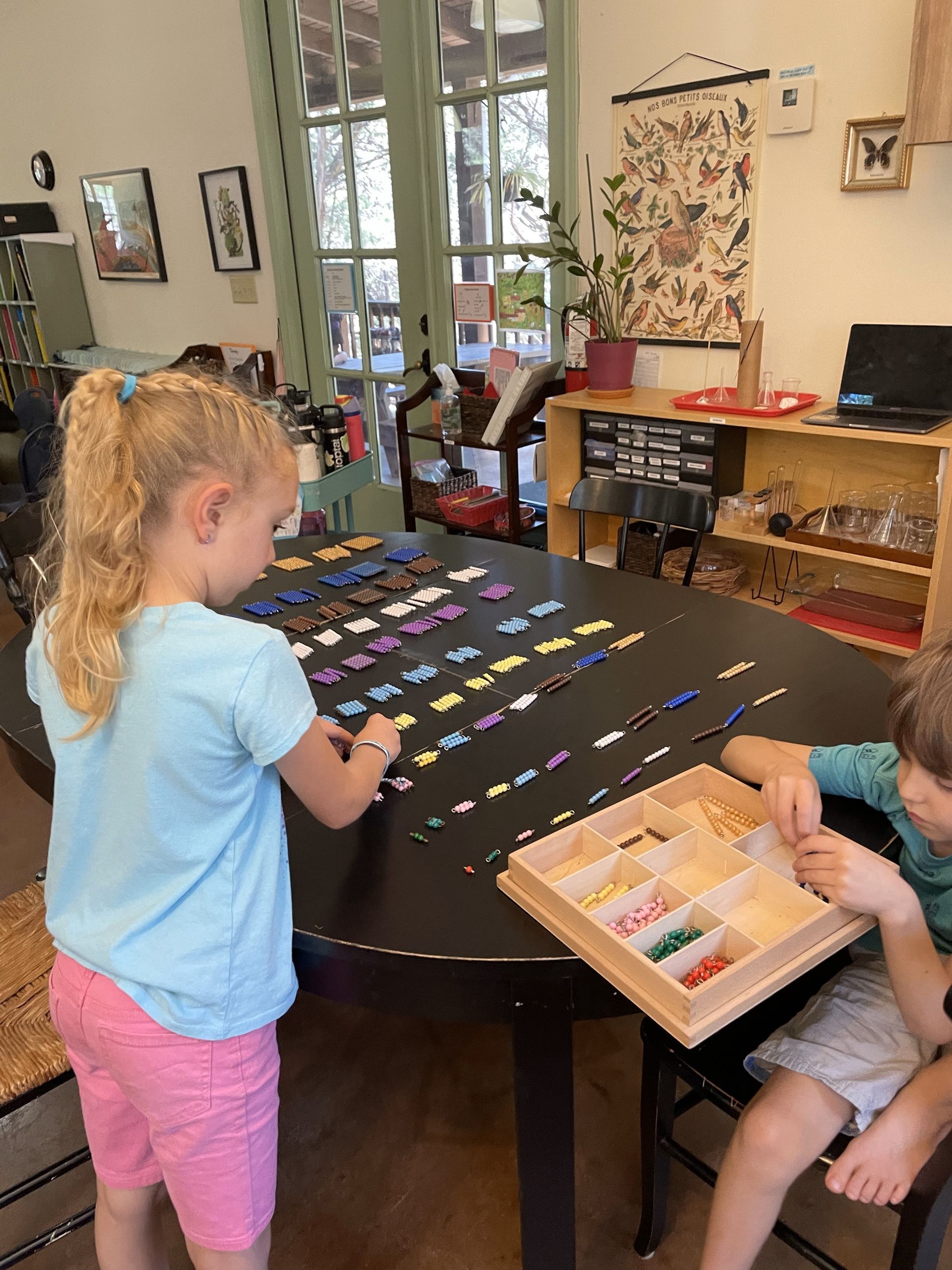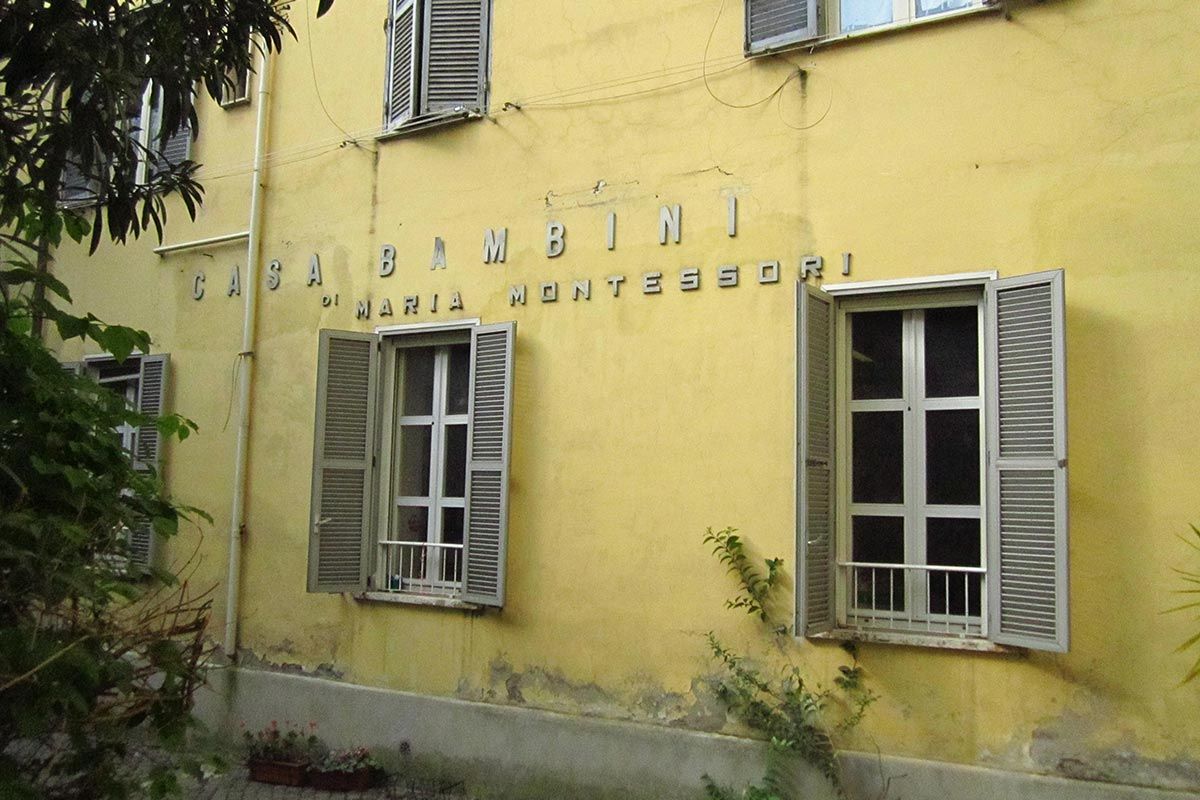Education for Life
A nature-based Montessori school nestled in the Texas Hill Country
for children ages 3 – 12.
Our Mission
Established in 1974, Cedars Montessori School is committed to the education of the whole child, academically, socially, emotionally and physically. Nestled into 16-acres of the Texas Hill Country, we believe that children are a part of nature and through our curriculum they build an appreciation for the wonder of the world and their place in it. We respect the child’s inherent optimism, love of peace, and need for community. Our individualized method of teaching is based on the idea that each child is unique, with unique interests, rates of growth and development. Cedars Montessori cultivates independent, responsible and compassionate learners who are ready and able to make positive contributions to society and the world.
Why do so many families choose Cedars Montessori School?
Individualized Learning
Lessons are designed and offered to each child when they are most ready to learn.
Nature-Based
Nestled into 16-acres of the Texas Hill Country, we cultivate vibrant connections to the natural world.
Whole Child Education
Social, emotional, and physical development is emphasized along with academic skills.
Nurturing Community
Our close-knit community fosters enduring relationships among teachers, children and families.
Our Programs
Parent Reviews
One of the greatest gifts we've given our children is their time learning and growing at Cedars Montessori!
— Jessica W.
Cedars has truly fostered and solidified our children's love of learning! The quality of their work, and the depth of their knowledge about the world and about themselves, that's been the real gift of authentic Montessori education!
— Jon C.
We love the expansive Cedars campus that provides endless opportunities for gardening and wilderness education, connecting with nature, exploration, and most importantly space to play!
- Ashley C.





